
Deutsch-Chinesische Enzyklopädie, 德汉百科
 Ireland
Ireland

 Alexander De Croo
Alexander De Croo
 Belgium
Belgium
 Denmark
Denmark
 Germany
Germany
 Emmanuel Macron
Emmanuel Macron
 France
France

 Hand in Hand
Hand in Hand
 Ireland
Ireland
 Jonas Gahr Støre
Jonas Gahr Støre
 Leo Varadkar
Leo Varadkar
 Mark Rutte
Mark Rutte
 Mette Frederiksen
Mette Frederiksen
 Netherlands
Netherlands
 Norwegen
Norwegen
 Olaf Scholz
Olaf Scholz
 Ursula von der Leyen
Ursula von der Leyen
 Xavier Bettel
Xavier Bettel

 Australia
Australia
 Belgium
Belgium
 Chile
Chile
 Denmark
Denmark
 Germany
Germany
 Estonia
Estonia
 Finland
Finland
 France
France
 Greece
Greece
 Ireland
Ireland
 Iceland
Iceland
 Israel
Israel
 Italy
Italy
 Japan
Japan
 Canada
Canada
 Luxembourg
Luxembourg
 Mexico
Mexico
 New Zealand
New Zealand
 Netherlands
Netherlands
 Norwegen
Norwegen
 OECD
OECD
 Emiel van Lennep
Emiel van Lennep
 OECD
OECD
 Don Johnston
Don Johnston
 OECD
OECD
 Jean-Claude Paye
Jean-Claude Paye
 OECD
OECD
 José Ángel Gurría
José Ángel Gurría
 OECD
OECD
 Staffan Sohlman
Staffan Sohlman
 OECD
OECD
 Thorkil Kristensen
Thorkil Kristensen
 Austria
Austria
 Poland
Poland
 Portugal
Portugal
 Republic of Korea
Republic of Korea
 Sweden
Sweden
 Switzerland
Switzerland
 Slovakia
Slovakia
 Slovenia
Slovenia
 Spain
Spain
 Czech Republic
Czech Republic
 Turkey
Turkey
 Hungary
Hungary
 United States
United States
 United Kingdom
United Kingdom

 Important International Organizations
Important International Organizations
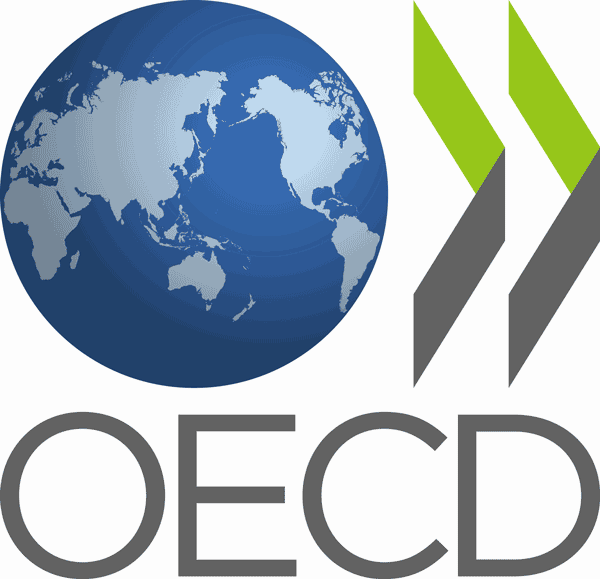
経済協力開発機構(けいざいきょうりょくかいはつきこう)は、国際経済全般について協議することを目的とした国際機関。公用語の正式名称は、英語では"Organisation[1] for Economic Co-operation and Development"(イギリス英語表記)、フランス語では"Organisation de Coopération et de Développement Economiques"。略称は英語ではOECD、フランス語ではOCDE。
本部事務局はパリ16区の旧ラ・ミュエット宮殿に置かれている。事務総長はアンヘル・グリア。
The Organisation for Economic Co-operation and Development (OECD; French: Organisation de Coopération et de Développement Économiques, OCDE) is an intergovernmental economic organisation with 37 member countries,[1] founded in 1961 to stimulate economic progress and world trade. It is a forum of countries describing themselves as committed to democracy and the market economy, providing a platform to compare policy experiences, seek answers to common problems, identify good practices and coordinate domestic and international policies of its members. Generally, OECD members are high-income economies with a very high Human Development Index (HDI) and are regarded as developed countries. As of 2017, the OECD member countries collectively comprised 62.2% of global nominal GDP (US$49.6 trillion)[3] and 42.8% of global GDP (Int$54.2 trillion) at purchasing power parity.[4] The OECD is an official United Nations observer.[5]
In 1948, the OECD originated as the Organisation for European Economic Co-operation (OEEC),[6] led by Robert Marjolin of France, to help administer the Marshall Plan (which was rejected by the Soviet Union and its satellite states).[7] This would be achieved by allocating United States financial aid and implementing economic programs for the reconstruction of Europe after World War II. (Similar reconstruction aid was sent to the war-torn Republic of China and post-war Korea, but not under the name "Marshall Plan".)[8]
In 1961, the OEEC was reformed into the Organisation for Economic Co-operation and Development by the Convention on the Organisation for Economic Co-operation and Development and membership was extended to non-European states.[9][10] The OECD's headquarters are at the Château de la Muette in Paris, France.[11] The OECD is funded by contributions from member countries at varying rates and had a total budget of €386 million in 2019.[2]
Although OECD does not have a power to enforce its decisions, which further require unanimous vote from its members, it is recognized as highly influential publisher of mostly economic data through publications as well as annual evaluations and rankings of members countries.[12]
L'Organisation de coopération et de développement économiques (OCDE) est une organisation internationale d'études économiques, dont les pays membres — des pays développés pour la plupart — ont en commun un système de gouvernement démocratique et une économie de marché. Elle joue essentiellement un rôle d'assemblée consultative1.
L'OCDE a succédé à l'Organisation européenne de coopération économique (OECE) issue du plan Marshall et de la Conférence des Seize (Conférence de coopération économique européenne) qui a existé de 1948 à 1960. Son but était l'établissement d'une organisation permanente chargée en premier lieu d'assurer la mise en œuvre du programme de relèvement commun (le plan Marshall), et, en particulier, d'en superviser la répartition2.
En 2020, l'OCDE compte 37 pays membres et regroupe plusieurs centaines d'experts. Elle publie fréquemment des études économiques et sociales — analyses, prévisions et recommandations de politique économique — et des statistiques, principalement concernant ses pays membres.
Le siège de l'OCDE se situe à Paris (16e), au château de la Muette. L'organisation possède également des bureaux dans plusieurs autres métropoles, notamment à Berlin, Mexico, Tokyo et Washington.
L'Organizzazione per la cooperazione e lo sviluppo economico (OCSE) – in inglese Organization for Economic Co-operation and Development (OECD), e in francese Organisation de coopération et de développement économiques (OCDE) – è un'organizzazione internazionale di studi economici per i paesi membri, paesi sviluppati aventi in comune un'economia di mercato.
L'organizzazione svolge prevalentemente un ruolo di assemblea consultiva che consente un'occasione di confronto delle esperienze politiche, per la risoluzione dei problemi comuni, l'identificazione di pratiche commerciali e il coordinamento delle politiche locali e internazionali dei paesi membri[1]. Ha sede a Parigi nello Château de la Muette[2].
Gli ultimi paesi ad aver aderito all'OCSE sono la Colombia (28 aprile 2020),la Lettonia (1º luglio 2016) e la Lituania (5 luglio 2018), per un totale di 36 paesi membri.
La Organización para la Cooperación y el Desarrollo Económico1 (OCDE) es un organismo de cooperación internacional, compuesto por 37 estados,34 cuyo objetivo es coordinar sus políticas económicas y sociales. La OCDE fue fundada en 1961 y su sede central se encuentra en el Château de la Muette en París (Francia). Los idiomas oficiales de la entidad son el francés y el inglés.2
En la OCDE, los representantes de los países miembros se reúnen para intercambiar información y armonizar políticas con el objetivo de maximizar su crecimiento económico y colaborar a su desarrollo y al de los países no miembros.
Conocida como «club de los países ricos»,56 a partir de 2017, sus países miembros comprendieron colectivamente el 62,2 % del PIB nominal global (US$49,6 billones) y el 42,8 % del PIB global (Int US$54,2 billones).7
Организа́ция экономи́ческого сотру́дничества и разви́тия (сокр. ОЭСР, англ. Organisation for Economic Co-operation and Development, OECD) — международная экономическая организация развитых стран, признающих принципы представительной демократии и свободной рыночной экономики.
Создана в 1948 году под названием Организа́ция европе́йского экономи́ческого сотру́дничества (англ. Organisation for European Economic Co-operation, OEEC) для координации проектов экономической реконструкции Европы в рамках плана Маршалла.
Штаб-квартира организации располагается в Шато де ла Мюетт, в Париже. Генеральный секретарь (с 2006 года) — Хосе Анхель Гурриа Тревиньо (Мексика). Руководящим органом ОЭСР является совет представителей стран — членов организации. Все решения в нём принимаются на основе консенсуса.
По данным на 2011 год, в странах ОЭСР проживало 18 % населения мира[2].
 Australia
Australia
 Belgium
Belgium
 Brazil
Brazil
 Denmark
Denmark
 Germany
Germany
 Finland
Finland
 France
France
 Ireland
Ireland
 Israel
Israel
 Italy
Italy
 Japan
Japan
 Canada
Canada
 Netherlands
Netherlands
 Norwegen
Norwegen
 Austria
Austria
 Republic of Korea
Republic of Korea
 Russia
Russia
 Sweden
Sweden
 Switzerland
Switzerland
 Spain
Spain
 United States
United States
 United Kingdom
United Kingdom

 Germany
Germany

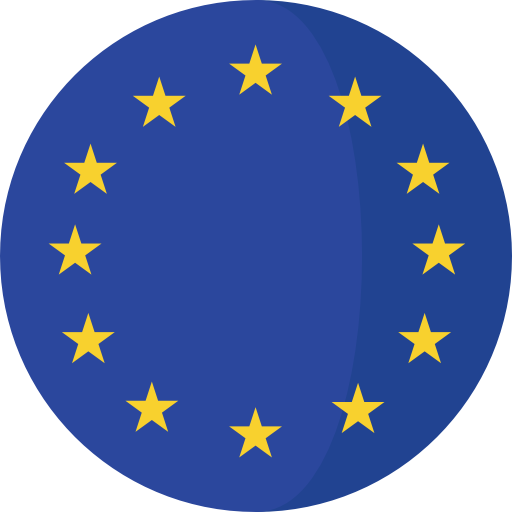 European Union
European Union
 European Parliament
European Parliament
 France
France
 Ireland
Ireland
 Italy
Italy
 Netherlands
Netherlands
 Poland
Poland
 Spain
Spain
 United Kingdom
United Kingdom
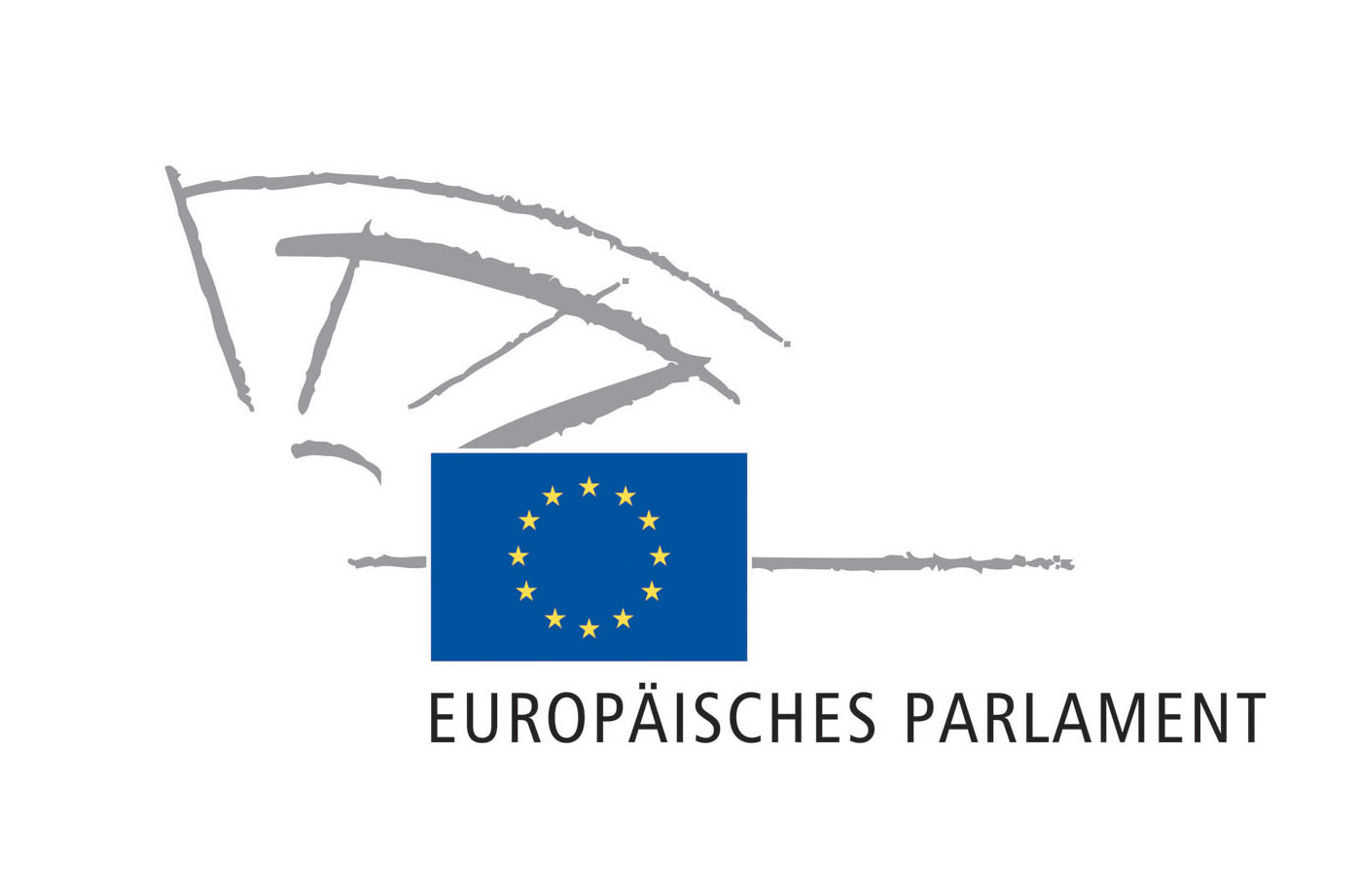

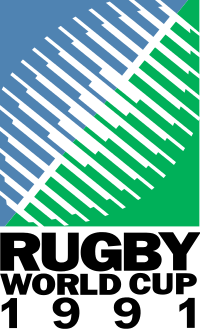

 Andorra
Andorra
 Belgium
Belgium
 Bulgaria
Bulgaria
 Denmark
Denmark
 Germany
Germany
 Estonia
Estonia
 Finland
Finland
 France
France
 Gibraltar
Gibraltar
 Greece
Greece

 Hand in Hand
Hand in Hand
 Ireland
Ireland
 Iceland
Iceland
 Italy
Italy
 Croatia
Croatia
 Latvia
Latvia
 Liechtenstein
Liechtenstein
 Lithuania
Lithuania
 Luxembourg
Luxembourg
 Malta
Malta
 Monaco
Monaco
 Netherlands
Netherlands
 Northern Ireland
Northern Ireland
 Norwegen
Norwegen
 Austria
Austria
 Poland
Poland
 Portugal
Portugal
 Romania
Romania
 San Marino
San Marino
 Sweden
Sweden
 Switzerland
Switzerland
 Slovakia
Slovakia
 Slovenia
Slovenia
 Spain
Spain
 Czech Republic
Czech Republic
 Hungary
Hungary

 Vacation and Travel
Vacation and Travel
 Vatican city
Vatican city
 United Kingdom
United Kingdom
 Cyprus
Cyprus

《申根协议》(德语:Schengener Abkommen;法语:Convention de Schengen;荷兰语:Verdrag van Schengen),是一项欧洲大陆国家间的条约协定,其签约目的是取消相互之间的边境检查点,并协调对申根区之外的边境控制。即在成员国相互之间取消边境管制,持有任一成员国有效身份证或申根签证的人可以在所有成员国境内自由流动。根据该协定,旅游者如果持有其中一国的旅游签证即可合法地到所有其他申根国家。
《申根协议》的成员国亦称“申根国家”或者“申根协议国”,成员国的整体又称“申根区”。申根区目前包含26个国家,其中有22个属于欧盟成员。四个非欧盟成员国中,冰岛和挪威以北欧护照联盟成员国的身份加入申根区,官方分类属于与欧盟申根区活动相关的国家。不属于欧洲大陆的爱尔兰没有加入。
Die Schengener Abkommen sind internationale Übereinkommen, insbesondere zur Abschaffung der stationären Grenzkontrollen an den Binnengrenzen der teilnehmenden Staaten. Dies sind im Kern die Mitglieder der Europäischen Union, jedoch ohne Irland, Rumänien, Bulgarien und Zypern. Durch Zusatzabkommen mit der Europäischen Union wurde der Anwendungsbereich auf Island, Liechtenstein, Norwegen und die Schweiz ausgedehnt. Der Gültigkeitsbereich des Abkommens wird gemeinhin als Schengen-Raum bezeichnet.
Das erste dieser Abkommen vom 14. Juni 1985 sollte vor allem die Schaffung eines europäischen Binnenmarktes vorantreiben und wurde nach dem Unterzeichnungsort benannt, der Gemeinde Schengen im Großherzogtum Luxemburg. Die mehrfach modifizierten Regelungen (Schengen I bis III) konstituieren den Schengen-Besitzstand, einen wesentlichen Pfeiler des „Raumes der Freiheit, der Sicherheit und des Rechts“[1] der Europäischen Union. Bedeutung und Verdienste des Schengener Abkommens werden im Europäischen Museum Schengen dokumentiert.
Das unkontrollierte Passieren der Binnengrenzen als Prinzip der Schengener Abkommen wurde im Zuge der Flüchtlingskrise in Europa ab 2015 zeitweise von mehreren europäischen Ländern außer Kraft gesetzt, nachdem einzelne Mitgliedstaaten die Sicherung der Außengrenzen der Europäischen Union gefährdet sahen.
Von März bis Juni 2020 waren wegen der COVID-19-Pandemie zahlreiche Grenzen zwischen Mitgliedstaaten geschlossen.[2][3] Im Februar 2021 kam es wegen der Pandemie erneut zu Grenzschließungen.
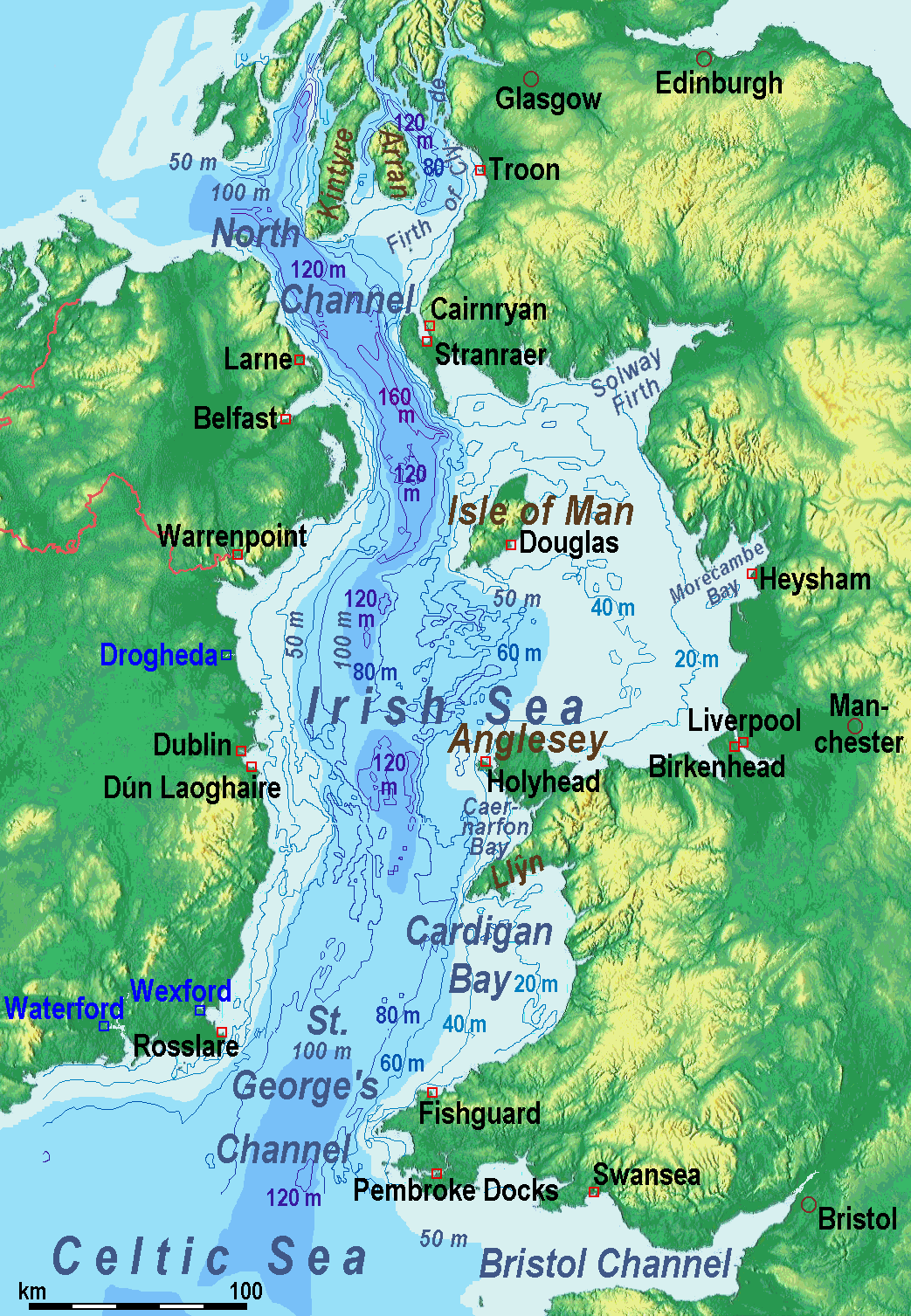


 Geography
Geography
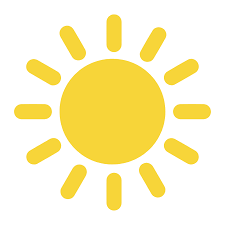 Energy resource
Energy resource
 Economy and trade
Economy and trade
 Financial
Financial
 Science and technology
Science and technology
 Sport
Sport
 Transport and traffic
Transport and traffic
 Companies
Companies
 Colleges and Universities in Europe
Colleges and Universities in Europe
 CESAER
CESAER